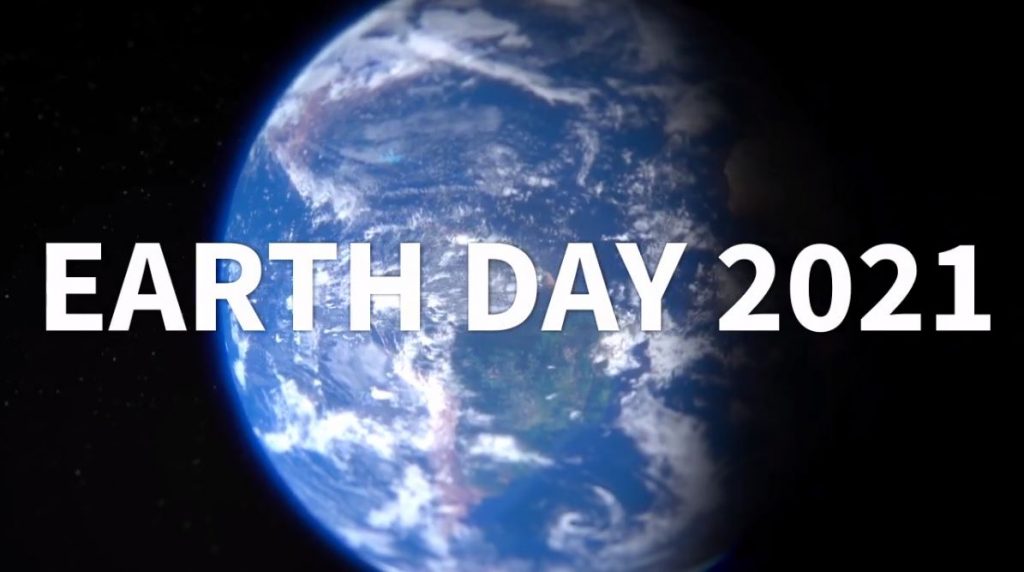
Every April 22nd we celebrate and show our support for the environment and for our planet. We call this day, Earth Day.
Today we live in a world with more than 7.8 billion people and we, humans, share the planet with as many as 8.7 million different forms of life.
We, inhabitants of the world, have the responsibility to make sure our planet is treated sustainably. Each one of us can make big a different by performing small actions. What we mean by this is to reuse, reduce, recycle, prevent waste, and choosing sustainability always.
It is fundamental for us to cherish and celebrate the blessing we have to live in such a complex yet incredible place.
Now we will talk more in depth about different topics regarding our planet.
Lets work together to be part of the solution.
Food
The food industry is an extremely important aspect in the sustainability of the environment.
The food industry is proven to be very damaging to the environment and its biodiversity, both animal and nature biodiversity.
The fishing sector’s impact on environment is proven to be greater than the one of plastic, fishing leads to millions of species extinction, also due to the well known “by-catch” which is a result of the killing of many fish during the capturing of the targeted fish.
Also, the great demand of fish by the human population leads to overfishing, and the huge nets used to capture the fish ruins the oceans required habit for every type of fish species.
The food sector accounts for a quarter of global green gas emissions and 78% of the pollution of waterways.
Agricolture also creates a great damage as it causes great gas emissions as well as the ruin of the soil due to nutrient pollutants.
It is in fact important to decrease our demand of animal food and more importantly to increase our system of food sustainability.
Water
As we approach different ways in which we are negatively impacting the environment and its resources, water pollution is a big part of it.
Water pollution occurs when harmful substances—often chemicals or microorganisms—contaminate a body of water, degrading water quality and rendering it toxic to humans or the environment.
This isn’t an issue that should be ignored or thought to be far away from us, because clean water access is fundamental for our survival as unsafe water kills more people than you think each year.
Meanwhile, our drinkable water sources are limited: Less than 1 percent of the earth’s freshwater is actually accessible to us.
Without action, the challenges will only increase as global demand for freshwater is expected to rise abundantly.
Water pollution also affects our ecosystems. Polluted water pours into greater water bodies, poisoning the water and causing dead zones in which aquatic life cannot survive.
Additionally, plastic and all kinds of materials end up in the water, and oceans, harming animals, and the ecosystem
Pollution and Renewable Energy
There is a range of different energy sources available to societies that vary in their sustainability, availability, cost and socio-political implications.
The choice of energy source is controversial and complex.
Energy security is an important factor in making energy choices. Nevertheless, we are facing a real energy crisis, yet we continue to use non-renewable fuels at an increasing rate.
This obviously means that we need to increase our use of renewable energy sources for which we have the technology now, to have absolute reductions in energy consumption and to increase efficiency of use.
So, what is stopping us from resorting to a more sustainable option?
Theoretically, we could get energy we need to power the world from renewable resources but in practice we only obtain a small percentage (about 14%).
Unfortunately, many countries are locked into the resource that they currently use or simply don’t have the access to the costs of producing renewable energy.
Either way, it’s not easy to change habits and mindsets but this issue is one that needs to lead to a change.

